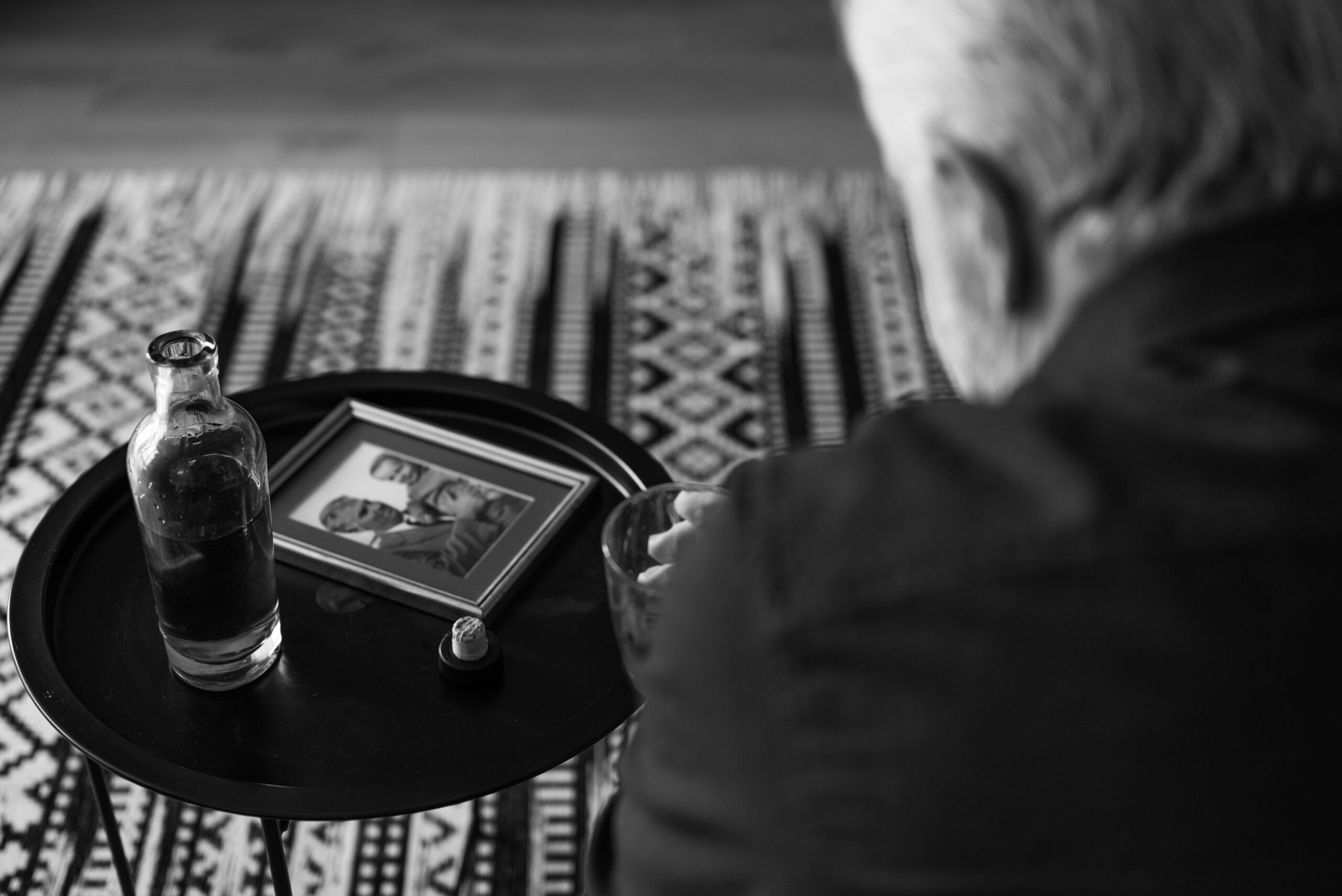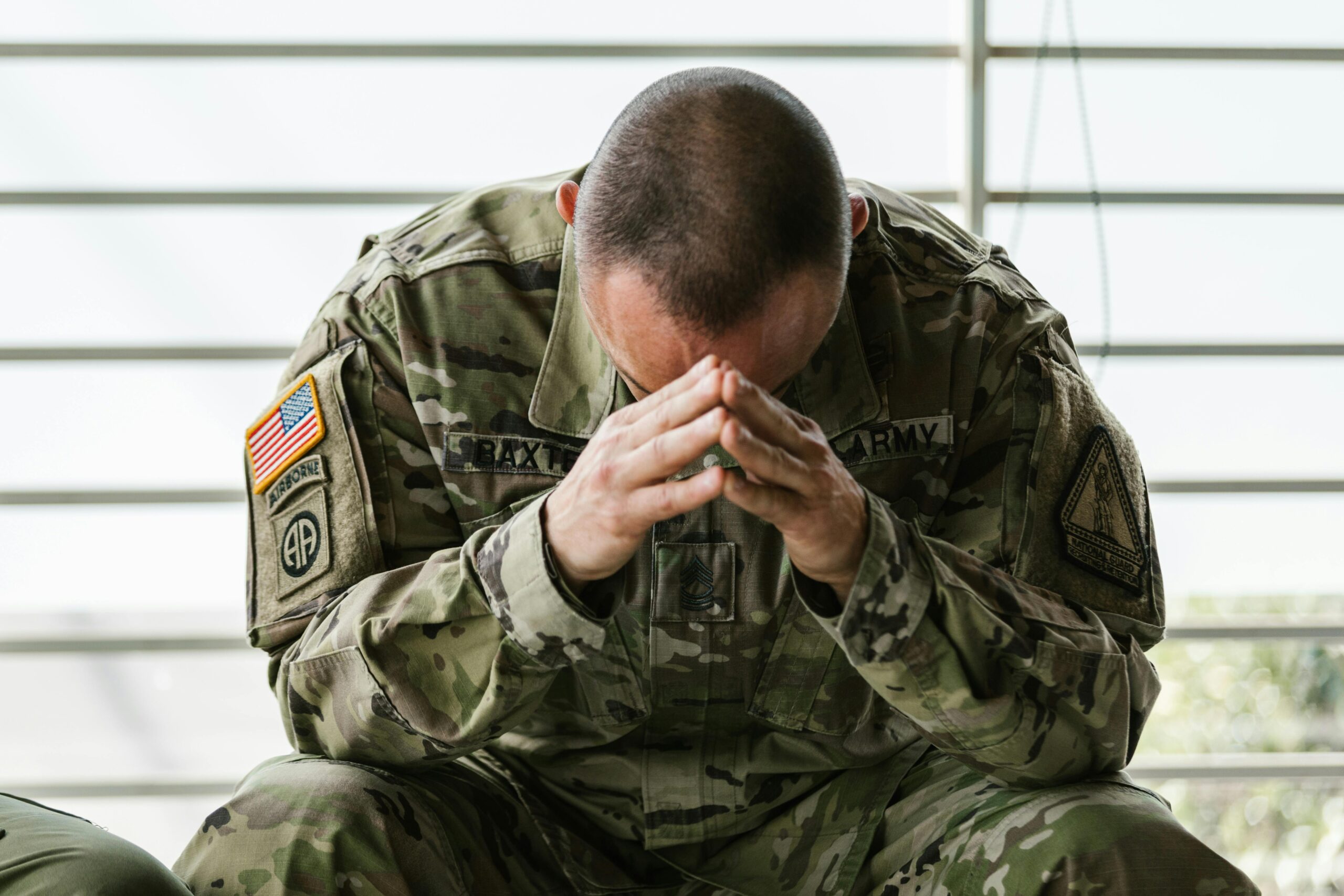Depression and PTSD: What You Should Know
Depression and PTSD can happen to anyone. You may feel sad, scared, or stuck. That’s okay. You’re not alone. This guide will help you understand these feelings and show ways to feel better. Let’s learn together.

What Is Depression?
Depression is more than just feeling sad. It’s a mental health disorder that can make it hard to enjoy daily life. It can happen after stressful events like a breakup or losing a job. Some people have a family history of depression, which means it can run in families.
There are different kinds of depression, like:
- Major depression – Deep sadness lasting a long time
- Clinical depression – Strong symptoms that need medical help
- Reactive depression – Happens after something bad happens
What Is PTSD?
PTSD stands for post-traumatic stress disorder. It can happen after a traumatic event like a car accident, a natural disaster, or combat exposure. PTSD makes you feel like the scary event is still happening, even when it’s over.
PTSD is a type of anxiety disorder. It can cause both emotional reactions and physical symptoms.
What Causes Depression and PTSD?
There are many reasons why someone may develop depression or PTSD:
- Childhood adversity or child abuse
- Sexual abuse or sexual violence
- Domestic violence
- Combat-Related Posttraumatic Stress Disorder
- COVID-19 pandemic and other major life events
- Emotional abuse or loss of a loved one
- A genetic factor like family history
Sometimes these disorders happen at the same time. That’s called comorbid depression or comorbid PTSD. Many people with PTSD also have depressive symptoms.
What Are the Symptoms?
Symptoms of Depression
- Feeling very sad or empty
- Loss of interest in things you used to enjoy
- Low energy levels
- Changes in sleep or eating
- Thoughts of hurting yourself
- Trouble thinking or making choices
These are signs of a depressive disorder or depressive episode.
Symptoms of PTSD
- Intrusive symptoms like scary thoughts or intrusive memories
- Distressing dreams or frightening dreams
- Avoiding people or places
- Exaggerated startle response (getting scared easily)
- Feeling numb or far away from others (emotional numbing)
- Getting mad easily (angry outbursts or aggressive behavior)
- Feeling jumpy or nervous
You may also feel dissociative symptoms, which means you feel disconnected from your body or mind.
Depression and PTSD Together
Having both depression and PTSD is hard. It can make the emotional response and physical reactions worse. Some people feel more sadness, fear, or anger than usual. It’s common after trauma events like war, abuse, or a big accident.
Previous studies show the relationship between PTSD and depression is strong. When PTSD and depression happen together, it can lead to severe depression and other mental disorders.
How Do Doctors Diagnose It?
A mental health professional or healthcare professional will talk to you about how you feel. They may ask questions about your history of trauma or test you with the Clinician-Administered PTSD Scale.
They may also look for:
- Behavioral symptoms
- Cognitive symptoms
- Emotional reactions
- How your brain is working (especially the prefrontal cortex)
Treatment Options That Help
There are many effective treatments to help with depression and PTSD.
Talk Therapy
Talking to someone trained to help is a great step. This can include:
- Cognitive-behavioral therapy (CBT)
- Cognitive therapy
- Cognitive processing therapy
- Behavioral therapy
- Exposure therapy (talking safely about what happened)
- Access Therapy and other types of therapy
These therapies help you deal with bad memories and find positive emotions.
Medication
Sometimes doctors may suggest medicine to help with mood, sleep, or worry.
Deep Breathing and Relaxing
Simple tools like deep breathing can help calm your body and brain.
Healthy Habits
Eating well, sleeping enough, and moving your body can help your brain feel better. These are helpful health tips for daily life.
Why Treatment Is Important
If you don’t treat PTSD or depression, it can get worse. You may feel more tired, sad, or scared. Some people feel hopeless or even stop caring about life. But there is hope. With help, you can feel better.
Who Can Help?
- Mental health specialists
- Therapists trained in trauma-related depression
- Doctors who know about mental health disorders
- Experts at trusted centers like Revival Mental Health
If you’re in Orange County, you can get caring support from professionals who understand you.
👉 Get help now from our depression treatment team in Orange County. You’re not alone. Let’s build a treatment plan together and get your smile back.
What Science Says
Research from places like the National Institute of Mental Health and the American Psychiatric Association shows how depression and PTSD affect the brain and body. Things like energy metabolism disorders, activation for depression, or dimensions of PTSD show up in studies.
Some use analysis of covariance and other math tools to see how people respond to therapy.
Real-Life Stories
Many people with lived experience of PTSD and depression say they felt trapped before they got help. Some dealt with reactive attachment disorder or social engagement disorder. Others survived intimate partner violence or a 1-year observational study about secondary outcomes during the COVID-19 outbreak.
Getting help changed their lives.

FAQs
1. Can a traumatic event cause both depression and PTSD?
Yes. Events like sexual abuse, war, or accidents can lead to both conditions at once.
2. What is the difference between depression and PTSD?
Depression makes you feel very sad and tired, while PTSD causes fear, flashbacks, or bad dreams. They can happen together.
3. What are some effective therapy types for PTSD and depression?
Cognitive-behavioral therapy, exposure therapy, and cognitive processing therapy are often used. A mental health professional will help choose the best one.
4. Can children get PTSD or depression?
Yes. Kids who face childhood adversities or emotional abuse may develop both conditions.
5. How long does it take to feel better?
It’s different for everyone. Some feel better in a few months. Others take more time. A good treatment plan and caring team make a big difference.

Final Thoughts
Depression and PTSD can be scary. But they don’t have to control your life. With help from mental health professionals, you can heal, grow, and smile again. Remember, effective treatments exist. You don’t have to suffer alone.
Need Help Right Now?
If you’re feeling down or stuck, you deserve support.
👉 Reach out to Revival Mental Health today for depression treatment in Orange County.
We’re here to help you take that first step toward healing.
Visit SAMHSA or contact us today for more information.





